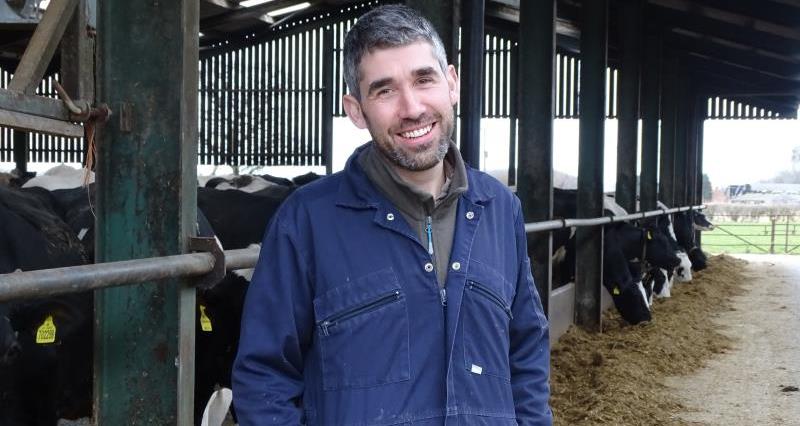Paul writes:
Plant based alternatives to milk are often found lurking in the supermarket dairy aisles and are finding more attention from mainstream media and shoppers alike. But what are these milk pretenders and are they really a threat to UK milk consumption?
The most popular plant based drink varieties are made from soya, almond, rice and coconut and are marketed as an alternative to milk. To me this seems nonsensical, pouring almonds soaked in water into my tea sounds equally as appetising as eating a fungus stuffed sausage, but statistics show us an increasing market share is consuming milk alternatives.
But let's not hang up the clusters just yet, soya alternatives makes up just 2.5% of the liquid market and according to AHDB year-on-year sales of filtered dairy milk have increased by 5.6% compared with soya's 2.8%. It's obvious that dairy is still king and this isn’t surprising when you see the health benefits of dairy outlined by the Dairy Council.
However, despite a small market share I do have concerns around the marketing of these products. I have been careful in this blog to name these products as 'dairy free alternatives' as EU regulation means that they cannot be described as milk. The brands are careful to stick to the rules, it is common to refer to these products as 'soya milk' or 'rice milk' but you won’t find the word 'milk' on the packaging.
Instead, the products are photographed in place of milk, labelled like milk, stored next to milk on the shelves and chilled just like milk. It is these grey areas we have to be watchful, the media need to be reminded not to refer to these products as milk and not to be influenced by overseas products where labelling is not as tightly regulated. Furthermore, we need to ensure that milk products have strengthened legislation after they leave the protection of EU regulation.
Rather than be rattled by these dairy alternatives, we should think about the reasons they are found in the marketplace.
Shoppers seeking alternatives to dairy should be seen as an opportunity, research from overseas has shown that those that have drunk dairy free alternatives also consume cows milk. This shows that it is not just allergy sufferers consuming these products, instead shoppers are becoming more urbanised and seek products that suit their lifestyles around convenience, perceived health benefits and 'value added products'.
I was horrified to find my niece being weaned on coconut milk, but after the initial shock I realised it was her parents desire to add value to her diet rather than buy the standard bottle of supermarket milk which drove them to this weaker alternative.
I hope, with more innovation, brand development and adding value, milk will continue to be valued by everyone as one of the most nutritionally important foods on the supermarket shelf.
As part of our Dairy Board Strategy, we want to promote British dairy at every opportunity. This can be achieved by working closely with other organisations such as the Dairy Council, to ensure messages about the health benefits of dairy continue to reach our consumers.
But as farmers, we all have a place in this too, NFU board members have been guest speakers for organisations such as the Women's Institute, visit local schools and have welcomed visitors to their farms to help educate shoppers about the benefits of dairy. Whilst dairy alternatives have only taken a small part of our market it remains paramount that we all play our part, whether it be chatting with a neighbour or using social media campaigns to spread a positive image of an industry that we are all proud to be part of.
Paul farms with his wife in the Vale of York and has two young children. They milk 250 Pedigree Holstein's, supplying Paynes Dairies and also run a farmhouse afternoon tea business, where visitors enjoy a tour of the family farm. Originally not from a farming background, Paul came from the financial sector, before meeting his wife, Rachael, and joining the family business.
More from the National Dairy Board...
